Blog
-

stainless steel Why doesn't stainless steel rust?
Stainless steel remains stainless, or does not rust, because of the interaction between its alloying elements and the environment.Read more -
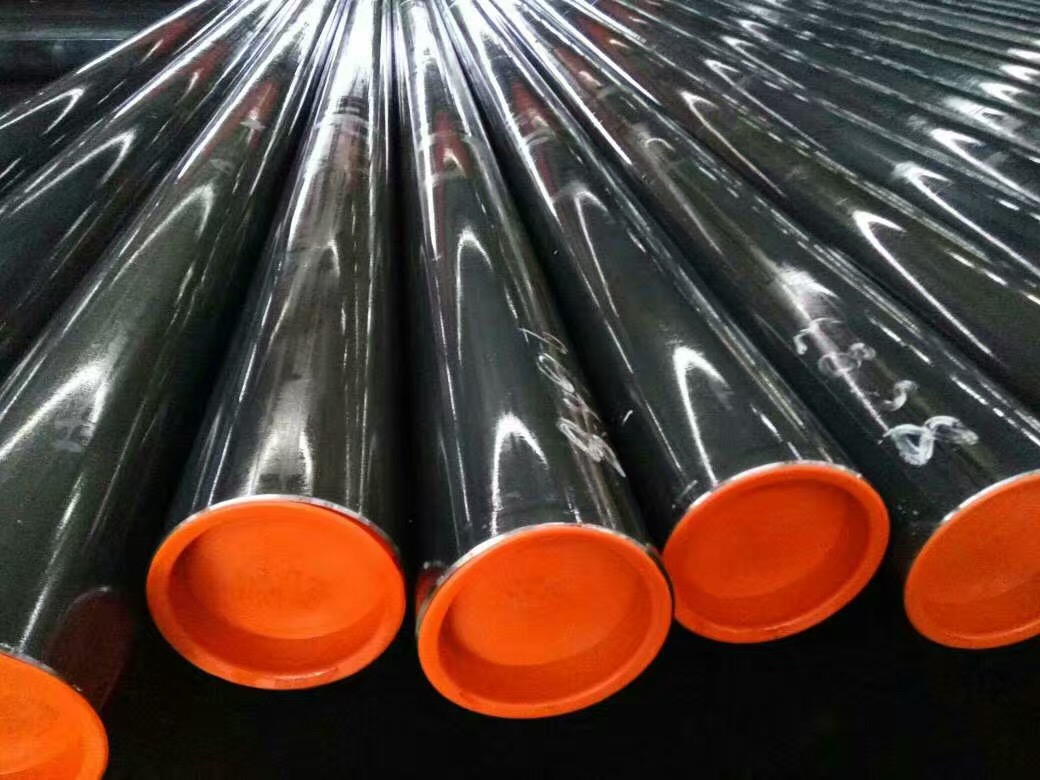
Stainless steel-Type Analysis of Stainless Steel
There are several families of stainless steels with different physical properties. The magnetic properties of stainless steel are very dependent on the elements added into the alloy. A basic stainless steel has a ‘ferritic’ structure and is magnetic, formed from the addition of chromium – it can be hardened through the addition of carbon, making it ‘martensitic’. However, the most common stainless steels are ‘austenitic’ – these have a higher chromium content and nickel is also added. It is the nickel which modifies the physical structure of the steel and makes it theoretically non-magnetic.Read more -
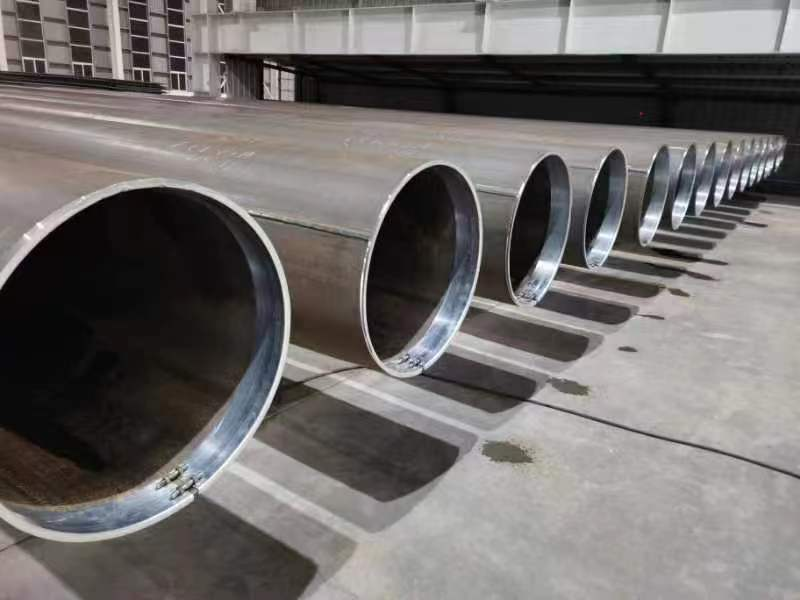
stainless steel DOES STAINLESS STEEL RUST? MYTHS ABOUT STAINLESS STEEL
Does stainless steel rust? Strictly speaking, stainless steel doesn’t rust. Some industry publications even say it can’t. But like all materials, there are some environments that are just too corrosive and stainless steel will be attacked – after all, even gold will dissolve in aqua regia, a potent mixture of nitric and hydrochloric acids. And sometimes, when stainless steel is attacked, the corrosion product looks just like the rust you get on carbon steel.Read more -
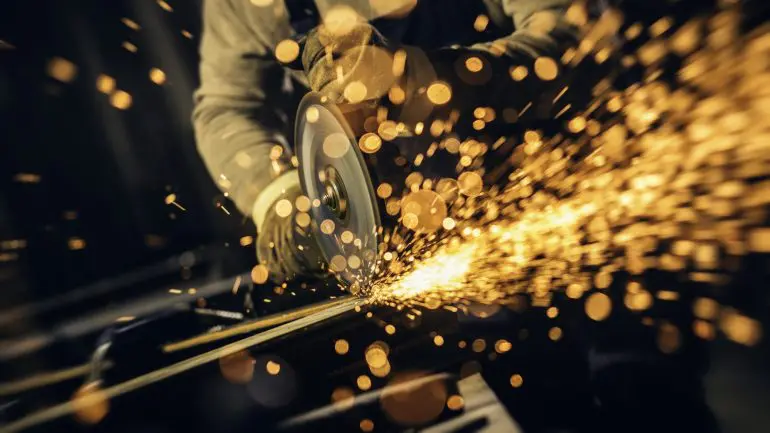
How Stainless Steel is Made
From surgical tools to cutlery, construction materials to car components, stainless steel is so ubiquitously used that it’s often taken for granted. But how is steel made stainless? In other words, how is stainless steel made? Read on to find out.Read more -
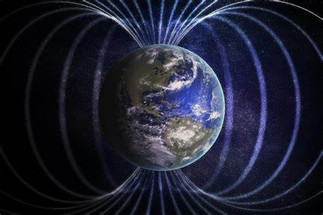
Stainless steel-Can stainless be magnetic?
Many of the best blog topics come up from conversations we have around the office or customer questions. Today's comes from both so it must be an absolute humdinger!Stainless steel is generally thought of as non-magnetic - but is it? Simply, the 300 series stainless steels (303, 304, and 316 are ones we use often) are referred to as "austenitic," which in simple terms means that their chromium and nickel contents are such that they are non-magnetic. Other stainless series, like 420 which is in "martensitic" and 430 which is "ferritic" don't have the nickel content that the 300 series stainless steels do, and have higher carbon content than austenitic stainless steels. This makes them magnetic. If your fridge door readily holds onto magnetic stuff, then it's likely either martensitic or ferritic and not austenitic. Great, but what does this have to do with boats?Read more -
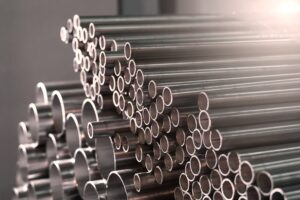
Stainless Steel: How it is
Today we are taking a deep dive into stainless steel and how it is made. This type of steel is widely used. Chances are you own at least a few appliances that are made of stainless. I know my refrigerator is.Read more -
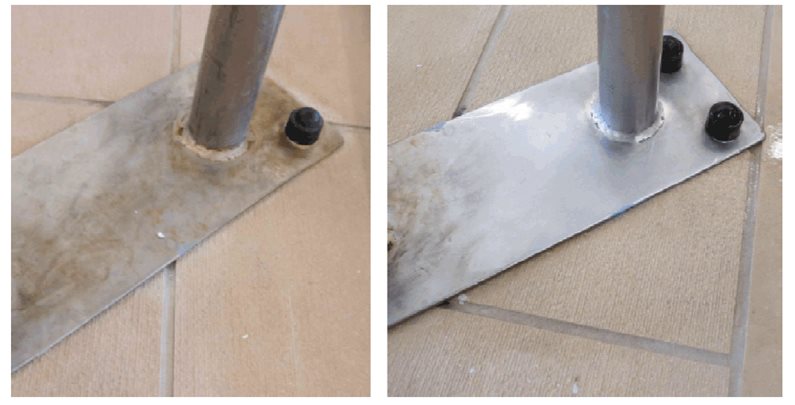
stainless steel I have rusted stainless steel, I thought stainless steel couldn't rust?
Yes! Stainless steel can rust. If you are experiencing rust on your 'stainless' steel, you are not alone as we often have customers call us looking for help with that very same issue; rust on their stainless steel.Read more -
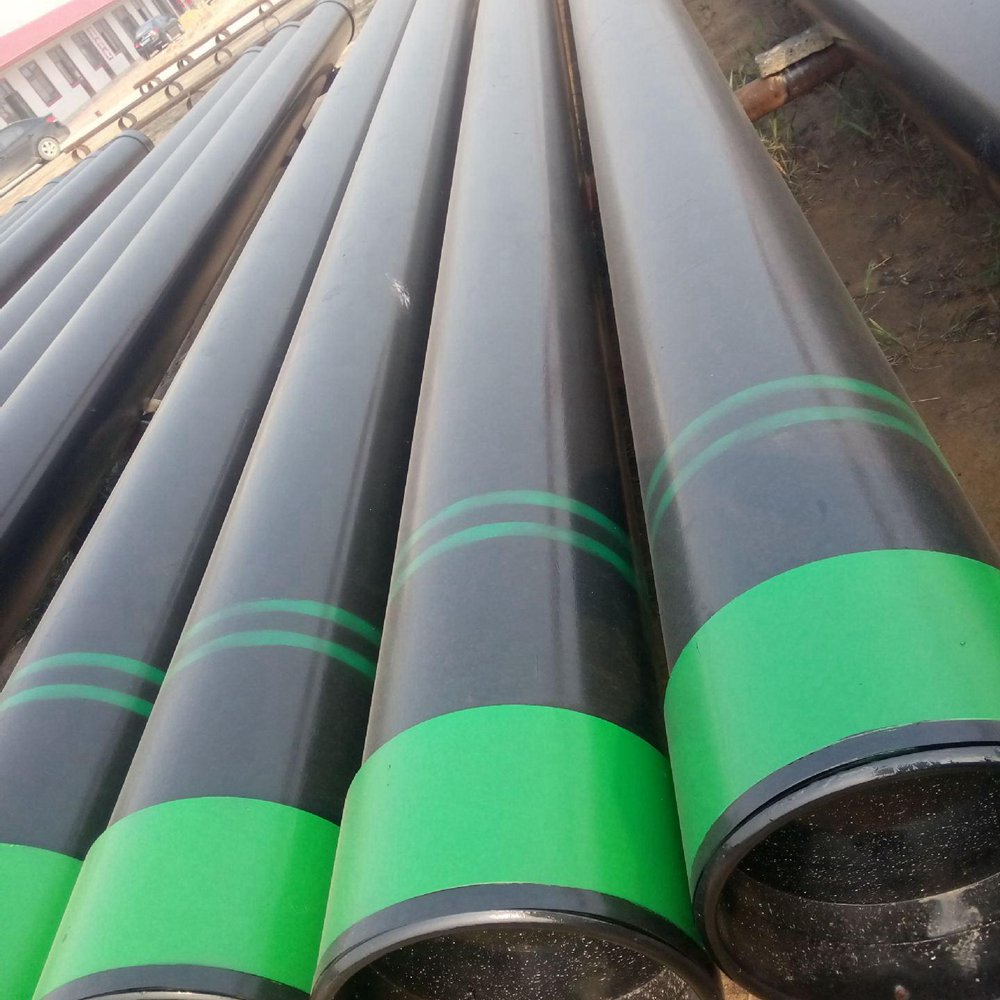
Stainless steel-STAINLESS STEEL – MAGNETIC OR NOT
There is a common but incorrect belief that the Chromium-Nickel or Chromium-Nickel-Molybdenum stainless steel must be “non-magnetic” to be corrosion resistant. This misconception is sometimes carried through another step wherein “reasoning” says that a magnetic material cannot be stainless steel.There are many alloys within the general family of corrosion resistant or “stainless” steels. Some of these alloys are very resistant to chemical attack and at the same time are quite “magnetic”.Where stainless castings are involved, the most important factor controlling magnetic properties is the chemical composition; that is, the percentage of the various elements present in the material. The ASTM specifications for various stainless alloy castings are intended to produce sound castings with good corrosion resistance, but these castings will not necessarily be non-magnetic.Read more -
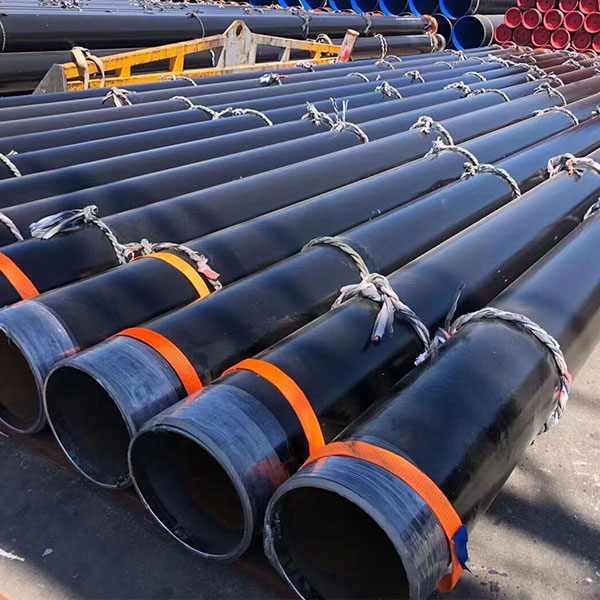
Welded Steel Pipes-How Is Stainless Steel Made?
Stainless steel is known for excellent corrosion resistance. It is an integral part of modern life and is used in a range of applications, including heavy industry, architecture, automotive manufacture, surgery and dentistry.Read more